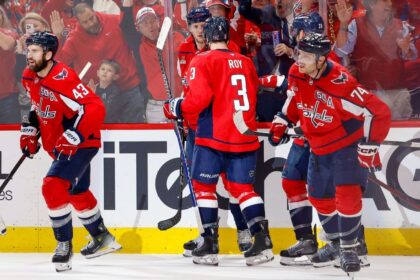NHL and NHLPA accelerate key changes for the 2025-26 season
The NHL and the NHL Players’ Association (NHLPA) have agreed to implement significant changes to the playoff salary cap and long-term injury reserve (LTIR) rules for the 2025-26 season. This decision, which seeks to balance competition, was confirmed by sources close to the league. The new collective bargaining agreement (CBA), announced in July and lasting four years, includes these modifications that will be applied in an accelerated manner. NHL general managers will be informed about these rules during their meetings in Detroit this week. The main modification focuses on the salary cap for the playoffs, a concern for players and general managers. Previously, there was no salary cap during the postseason, allowing teams to activate players on LTIR at the end of the regular season, even after having used the available cap space to acquire talent at the trade deadline.The salary cap compliance will apply to players participating in each postseason game. This means that even if a team may have a total payroll with salaries worth $130 million, the 18 players and two goalkeepers on the field must comply with the salary cap. Before each playoff game, teams must submit a list of 18 players and two goalies to the NHL Central Registry, either at 3 p.m. local time or five hours before the game, whichever comes first. A “playoff roster club average salary” will be calculated, which must be below the team’s salary cap “upper limit.” This “club average salary” will be determined by adding the average amounts of salaries and bonuses of each player on the roster, including all amounts charged to the team’s salary cap. In addition to the postseason salary cap, changes to the LTIR rules have been accelerated for the 2025-26 season. The total salaries and bonuses of players replacing a player on LTIR may not exceed the total salaries and bonuses of the replaced player. The new LTIR rule also states that “the average amounts of such replacement players may not exceed the league’s average salary from the previous season.”I think, in general, it’s a good thing because it’s a competitive advantage. That’s how most people see it, especially if you can use it the right way.
Nazem Kadri, center for the Calgary Flames
There is an exception to the LTIR rule modifications: teams can exceed these “average amounts”, but the injured player will not be able to return that season or in the postseason. This exception requires the approval of both the NHL and the NHLPA.
- The prohibition of deferred compensation in players’ contracts, which will come into effect on October 7.
- The relaxation of players’ dress codes.
- The possibility for players to promote “wines and spirits”.
- The prohibition of “double salary retention” in transfers.










